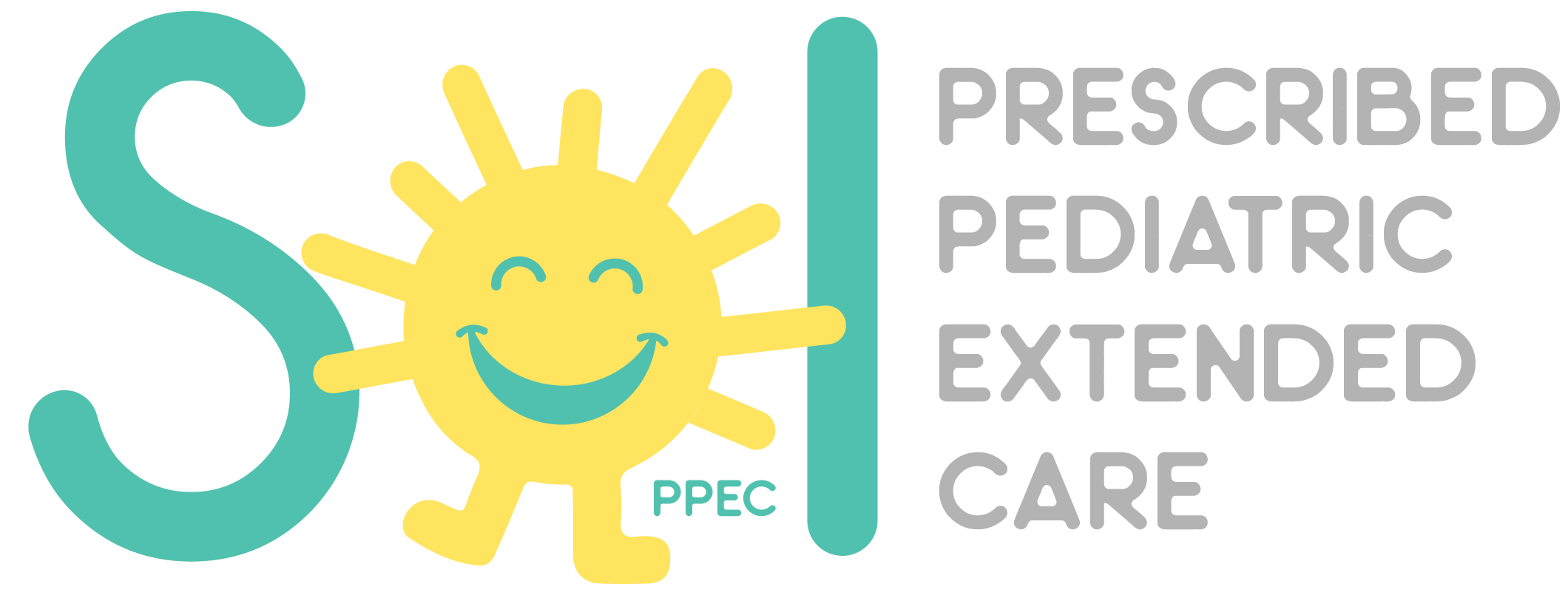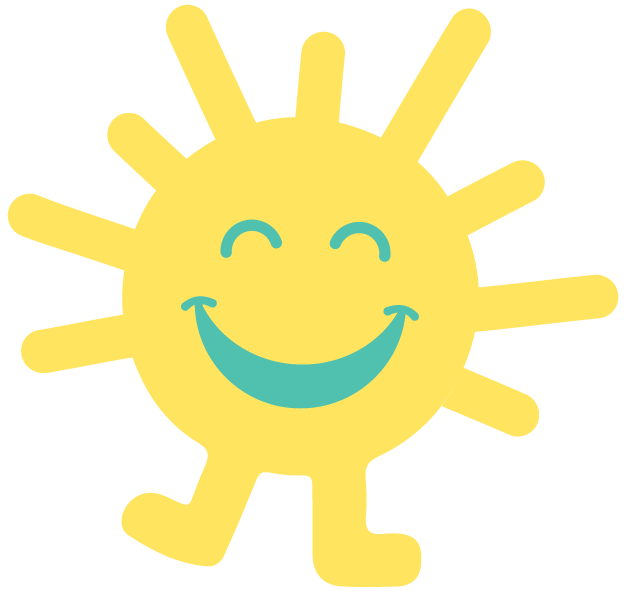Speech-language pathologists (SLPs), often called or referred to as speech therapists work to prevent, assess, diagnose, and treat speech, language, social communication, cognitive-communication, and swallowing disorders in children.
A speech therapist can help kids with different kinds of speech difficulties as well as language issues like dyslexia and dyspraxia. Our SLPs can help with articulation problems, fluency problems, voice problems and oral feeding problems such as eating, swallowing and drooling. They can also treat receptive, expressive and pragmatic problems. Parents are key to the success of a child’s progress in speech or language therapy. Kids who benefit most and with the longest-lasting results are those whose parents were involved. SLP therapists use a variety of strategies, including:
- Language intervention activities: The SLP will interact with a child by playing and talking, using pictures, books, objects, or ongoing events to stimulate language development. The therapist may model correct vocabulary and grammar, and use repetition exercises to build language skills.
- Articulation therapy: Articulation, or sound production, exercises involve having the therapist model correct sounds and syllables in words and sentences for a child, often during play activities. The level of play is age-appropriate and related to the child’s specific needs. The SLP will show the child how to make certain sounds, such as the “r” sound, and may show how to move the tongue to make specific sounds.
- Oral-motor/feeding and swallowing therapy: The SLP may use a variety of oral exercises — including facial massage and various tongue, lip, and jaw exercises — to strengthen the muscles of the mouth for eating, d
At SOL PPEC our goal is to help kids learn to speak more clearly and make them feel more confident when speaking to others. Kids can benefit socially, emotionally and academically from our speech therapy.


